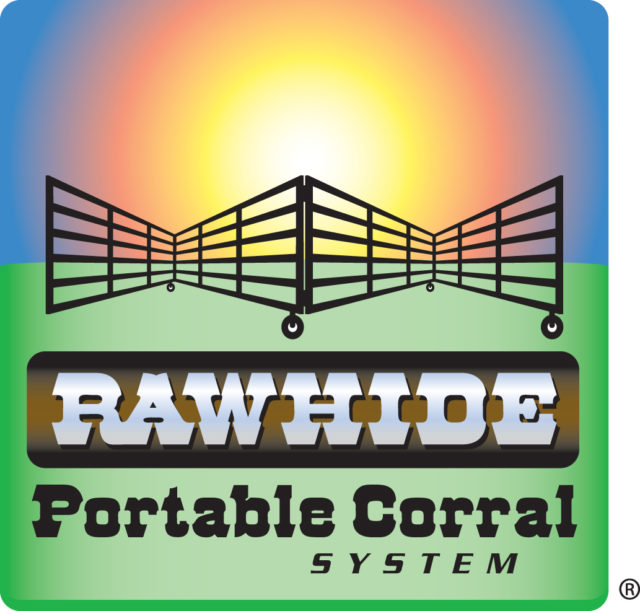The void makes people less prepared to face sales objections or confidently sell a premium product like the Certified Angus Beef ® (CAB®) brand. The company set out to change that through an intensive, hands-on course encompassing three sessions and covering everything from cattle production to beef sales.
“They need to understand production agriculture and they need to have experienced it,” Walenciak says.
The first two classes have taken a trip to southwest Kansas, where they break down into small groups and spend a half day with Angus ranchers, visit a CAB-licensed feedyard and tour CAB-licensed packing plants at Dodge City.
Berry Bortz, who runs CB Farms near Preston, Kan., with his wife Carla, hosted a handful of the students this summer.
“We felt if they wanted to take the time to learn about our products, we owed it to the industry, and those people in particular, to tell them the truth,” he says. “We do have a good story to tell.”
The family narrated through a production calendar before driving out to the pastures where they keep their registered and commercial Angus cattle.
“They were awestruck at how many decisions and how much hands-on stuff actually happens out here,” Bortz says. “One of the guys made a comment, ‘The next time somebody asks me why a steak costs so much I’ll tell them it’s cheap. It should be twice as much for all the work that goes into it.’”
“All we’re doing is showcasing what we have every day as an industry, and that’s people committed to raising great beef,” Walenciak says. “There are so many misperceptions out there. The people in this class are the ones who are selling the ranchers’ products every day to the best chefs in the country. If they’ve never been to a ranch, they can’t tell the great story that we have with passion and enthusiasm.”
Tom Chamot of New York-based Palmer Food Services says the experience taught him about the level of animal care from ranch to feedlot.
“They are well-designed and managed facilities for the finishing phase,” he says with a note of confidence in answering questions about cattle feeding, including antibiotic and hormone use.
Each session follows a similar cram-packed schedule. In the meats-focused class, participants walk through the fabrication process.
“You need time, not watching somebody else do it or watching a video, but time with your knife in hand, breaking down a carcass,” Walenciak says.
The final part is all about application.
“If we give them all this knowledge, we really have to help them connect the dots,” she says. That means role-playing and practice. The class tackles statements they might hear out in the field ranging from implant usage and factory farms to price and quality.
“If we had a tagline,” Walenciak says, “it would be, ‘Product knowledge is the key to overcoming every sales objection.’”
CAB licensees apply for a spot in the MBA training. At the end of each segment, they complete a test and then it wraps up with a morning-long final exam.
“If you know the beef industry inside and out, you’ll be better at selling beef. If they feel they’re educated on the industry, they will become more valuable as a consultant to their customers,” Walenciak says.
Chamot is just one example of how it’s supposed to work.
“Producers have an unbelievable amount of care and integrity and pride in what they do and they do it for us,” he says. “I’m empowered with knowledge and confidence—my gun is fully loaded to answer questions I normally wouldn’t have been able to answer.”
The second class started in June, and Walenciak hopes the first alumni are just the beginning.
“These classes are phenomenal, but we can’t change the world with 20 grads,” she says. “In the very near future we want to have many, many more classes rotating through.” 








